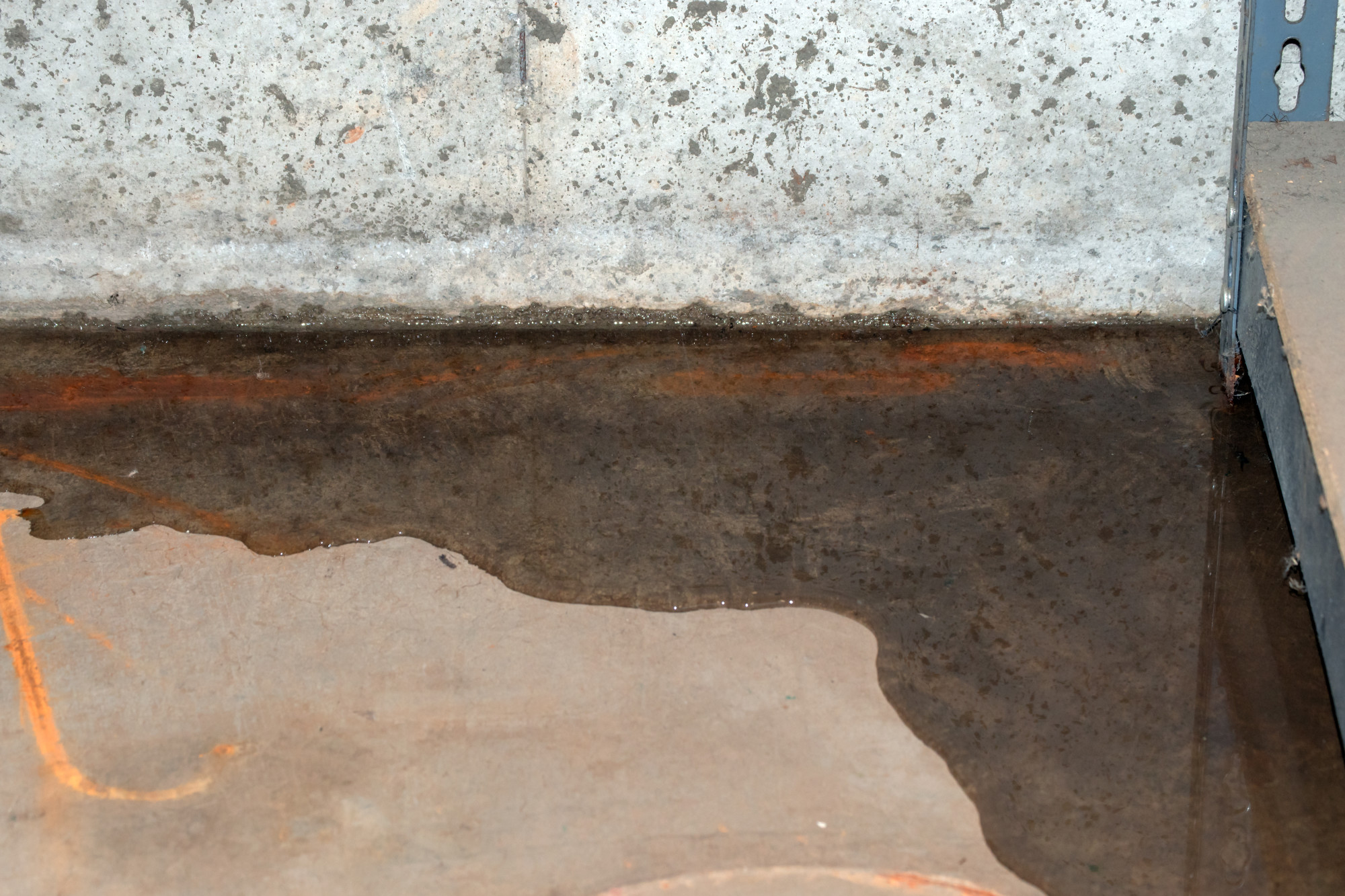When Mother Nature takes its course, it leaves many homes vulnerable to damages. Great floods and unexpected water levels will always be a headache to homeowners. When floods happen, basements are the most affected.
However, your basement doesn’t have to be exposed to flooding every time it rains. You need to find out how to prevent basement flooding during heavy rains and secure your home from expensive water damages. The right measures will help you save time and money and keep your family safe from waterborne diseases.
Are you ready to get started? Here are the steps you can take to protect your basement from flooding when it rains.
Maintain Proper Sump Pump Operation
Ensure your sump pump is fully functional. Check it often and follow the manufacturer’s maintenance recommendations for its proper use. If your sump pump is below grade, check it frequently to ensure it operates well and is free from debris.
But if it’s a portable pump, position it in the lowest part of your basement. After installing your sump pump, have a backup system to help maintain it. A sump pump is a preventative measure that can help protect your basement, especially if you don’t want to spend much on water damage restoration.
With an automatic sump pump in your basement, you can control water buildup if it rains and protect your basement from flooding. A sump pump acts as a large floor drain that sucks water out of your basement. The sump pump also sucks any water surrounding your foundation and then redirects it elsewhere.
Position Your Downspouts Away From the Foundation
Make sure you connect your downspouts properly so that water can route away. The downspouts shouldn’t contain any debris, and they should drain over the top of the lawn. The goal should be to drain stormwater at least three meters away.
You can also run extensions if necessary and ensure they turn away water from your home. If you allow the water build-up during heavy rains, it will saturate the ground, leading to basement flooding.
Clean the Gutters to Prevent Flooding
Leaves and debris can accumulate in your gutters over time. If you don’t clean them, you can put your home at a flooding risk.
If gutters block, it won’t drain water correctly. This forces the water to dump directly below onto the foundation of your home.
Ensure You Grade Your Lawn Properly
If you notice that your lawn doesn’t slope towards the streets, you should take care of it. Your yard might be leaning towards your outside walls, which pose a water damage danger. But there are landscaping options that can help you fix this.
Start by grading the perimeter of your home where you see water collecting. As you do this, ensure that soil slopes away about 6 inches over 4 feet. The soil you decide to use has to be well-tamped to fill dirt and not topsoil.
Topsoil is more organic, making it look spongy when you use it to fix drainage issues. Create a slope with clean fill soil, compatible clay soil. This type of soil can be sloped to drop 6 inches over about 4 feet.
You have to ensure you establish that slope first, even if it means adding little topsoil to sustain the growth for plantings. By doing so, you allow direct rainwater to hit the ground and runoff.
Take Care of the Foundation Cracks
Repairing cracks in the foundation is essential to maintaining your home’s structural integrity. Even small cracks can expand over time, allowing moisture to seep in and weaken the foundation. Regular inspections and prompt repairs can help prevent further damage, saving you from costly repairs in the future. If you’re unsure how to fix foundation cracks, consulting a professional can provide the best solution.
Water damage can bring your entire home down if you fail to deal with it immediately. Elements such as simple cracks can deny you peace. So ensure you regularly check your exterior foundation together with your basement walls and floors.
If you notice any cracks in the foundation, seal it immediately using epoxy. And if you detect any warning signs, then apply masonry sealer indoors. If the problem is more severe, don’t hesitate to call in a pro to help you.
Inspect Your Sewers and Septic
When was the last time your sewer system was inspected? Sewer and septic systems should be among your concerns when you experience water damage in your basement. If it has been a long time since your sewer was inspected and septic cleaned up, then it’s the right time to address these issues.
Clogged sewers and over-tasked septic happen often during long and heavy rain. Hiring a water damage restoration company can be the best solution after a prolonged period of heavy rainfall. This will save you money, time, and headaches that come with a flooding disaster in your home.
Invest in a Generator
This basement flooding prevention tip sounds funny, but it has a lot of benefits. The goal of purchasing a generator at your home is to keep power running all the time. This is because the sump pump will only work if you have power.
So if you live in areas frequented by storms and power outages, then a generator may be the long-term solution you need to consider.
How to Prevent Basement Flooding During Heavy Rain With Insurance Policy
The last tip you need to consider is the insurance policy. Make sure you review your property insurance policy as you consider additional coverage. You should prioritize this if you have a finished basement.
Remember that homeowner’s insurance doesn’t cover flooding or any sewer back-ups. So you must invest in additional property insurance coverage.
Protect Your Basement From Water Damage and Keep Your Home Safe
When taking any flood prevention measures, keep in mind that the safety and health of your family matter. A wet basement comes with various health challenges and property damage. You can say goodbye to such problems as you now understand how to prevent basement flooding during heavy rain.
Always be on the lookout for essential tips that can help keep your property and entire family safe. We have plenty of other articles on this site that you can go through to learn more.











